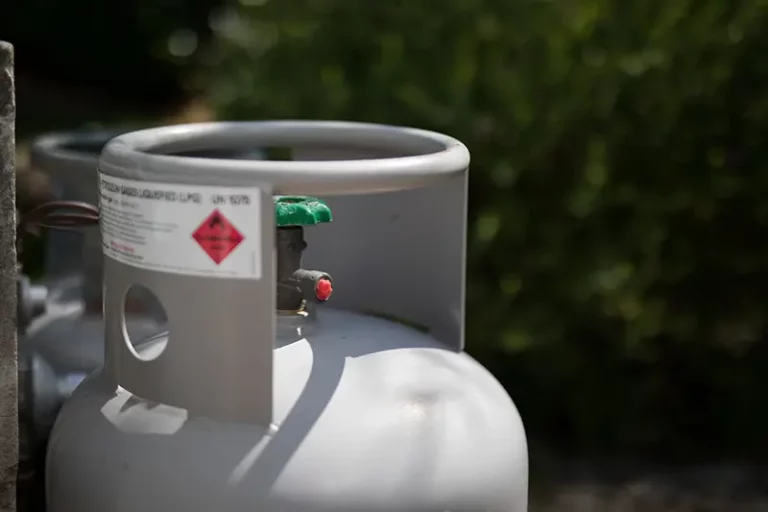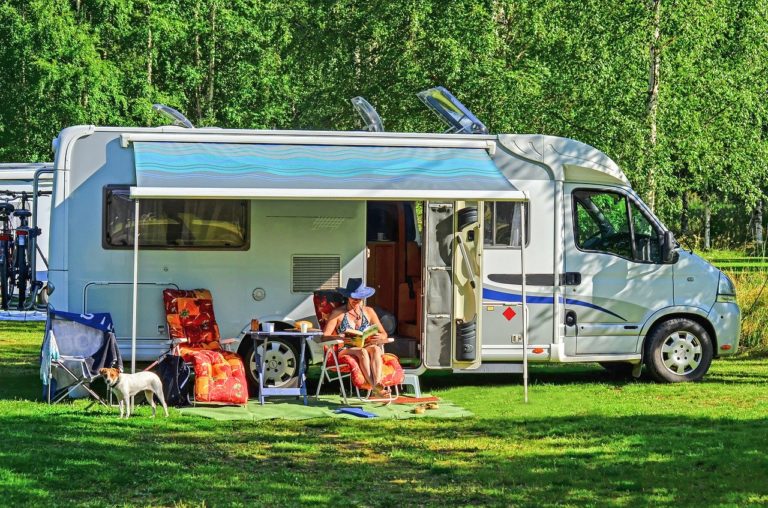Skoolies are innovative tiny homes built using retired school buses or charter buses. This unique housing option has gained popularity in recent years, offering an alternative to traditional tiny homes, vans, and RVs. Skoolies provide a variety of configurations, including those with rear engines for a smoother ride and those with front engines, similar to 18-wheelers, known as “dog nose” buses. While skoolies offer many benefits, they also come with challenges such as higher repair costs and finding specialized mechanics, especially in remote areas.
Why Live in a Skoolie?
Choosing a home for the nomadic lifestyle often comes down to four main options: RVs, vans, tiny homes, and skoolies. Each option has its pros and cons, but skoolies offer several unique benefits that make them an attractive choice for many.
Durability and Longevity
One of the significant advantages of skoolies is their durability. Most skoolies are powered by diesel engines, known for their longevity and ability to handle heavy loads. Diesel engines are commonly used in big rig trucks because they are powerful and can last for over a million miles with proper maintenance. This longevity makes skoolies a reliable option for long-term travel and living. However, it’s important to note that diesel engines come with higher repair and maintenance costs. Ensuring you have a well-maintained engine is crucial to avoid expensive repairs down the road.

Customization Opportunities
Skoolies offer unparalleled customization opportunities compared to RVs and pre-built tiny homes. When you convert a school bus into a skoolie, you have the freedom to design and build the interior to meet your specific needs and preferences. This customization can range from the layout and furniture to unique features like solar panels, composting toilets, and advanced storage solutions. For those who enjoy DIY projects and want a living space that reflects their personality and lifestyle, skoolies provide the perfect canvas.
Unique Appeal and Community Interest
Living in a skoolie often attracts positive attention and curiosity. Unlike the sometimes negative stereotypes associated with van life or RV living, skoolies are seen as creative and innovative. This unique appeal can lead to more social interactions and opportunities to share your lifestyle with others. The skoolie community is also growing, offering a supportive network of like-minded individuals who can provide advice, inspiration, and camaraderie.
Environmental Considerations
Repurposing a retired school bus into a skoolie is an environmentally friendly choice. Instead of letting old buses go to waste, converting them into homes gives these vehicles a new lease on life. Additionally, many skoolie owners incorporate sustainable features into their conversions, such as solar power, rainwater harvesting systems, and energy-efficient appliances. These eco-friendly practices can reduce your carbon footprint and make your nomadic lifestyle more sustainable.
Cost-Effectiveness
While the initial cost of purchasing and converting a school bus can vary, skoolies can be a cost-effective housing solution compared to buying a new RV or tiny home. The ability to customize the build allows you to control the budget and prioritize spending on the features that matter most to you. Moreover, skoolies often offer more living space for the price, making them a financially attractive option for those looking to maximize their investment.
Challenges of Living in a Skoolie
While skoolies offer many benefits, it’s essential to be aware of the potential challenges:
Higher Maintenance Costs
Diesel engines, while durable, can be costly to repair and maintain. It’s crucial to have a budget for unexpected repairs and regular maintenance to keep your skoolie running smoothly.
Finding Specialized Mechanics
Bus engines require specialized knowledge for repairs, which can be challenging to find, especially in remote areas. It’s helpful to learn basic maintenance skills and carry essential spare parts to mitigate this issue.
Limited Parking and Legal Restrictions
Finding places to park a skoolie can be more challenging than smaller vehicles like vans. Additionally, some areas have legal restrictions on parking and living in converted buses. Researching and planning your routes can help avoid potential issues.
Learning Curve for DIY Conversions
Converting a school bus into a skoolie requires time, effort, and a willingness to learn. For those without experience in construction or vehicle maintenance, the learning curve can be steep. However, numerous online resources, forums, and communities can provide guidance and support throughout the conversion process.
Conclusion
Skoolies offer a unique and customizable housing solution for those embracing the nomadic lifestyle. With their durability, customization potential, and unique appeal, skoolies can be an excellent choice for many travelers. However, it’s essential to consider the higher maintenance costs, need for specialized mechanics, and potential parking challenges. By weighing the pros and cons and preparing adequately, you can enjoy the freedom and adventure that comes with living in a skoolie.









